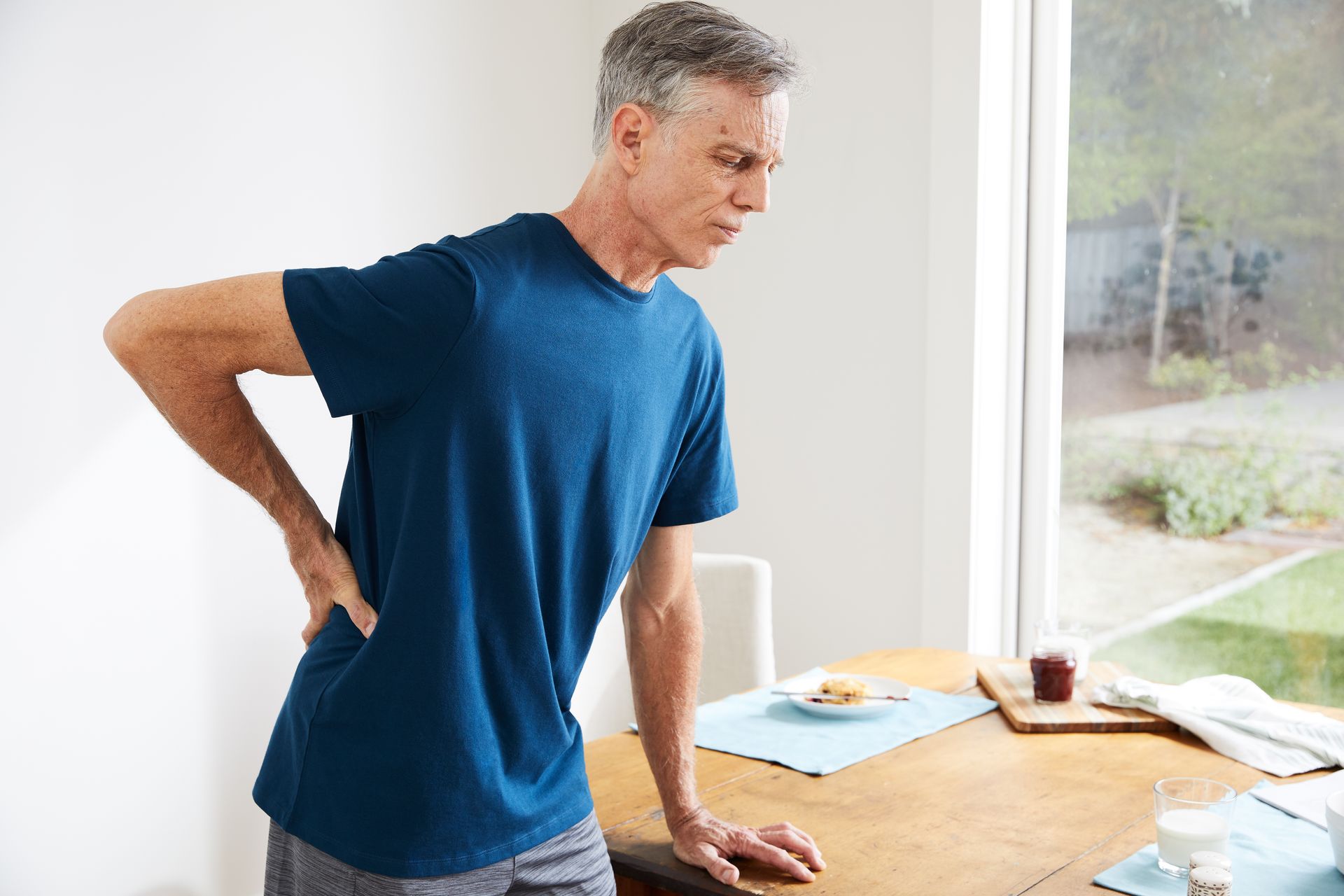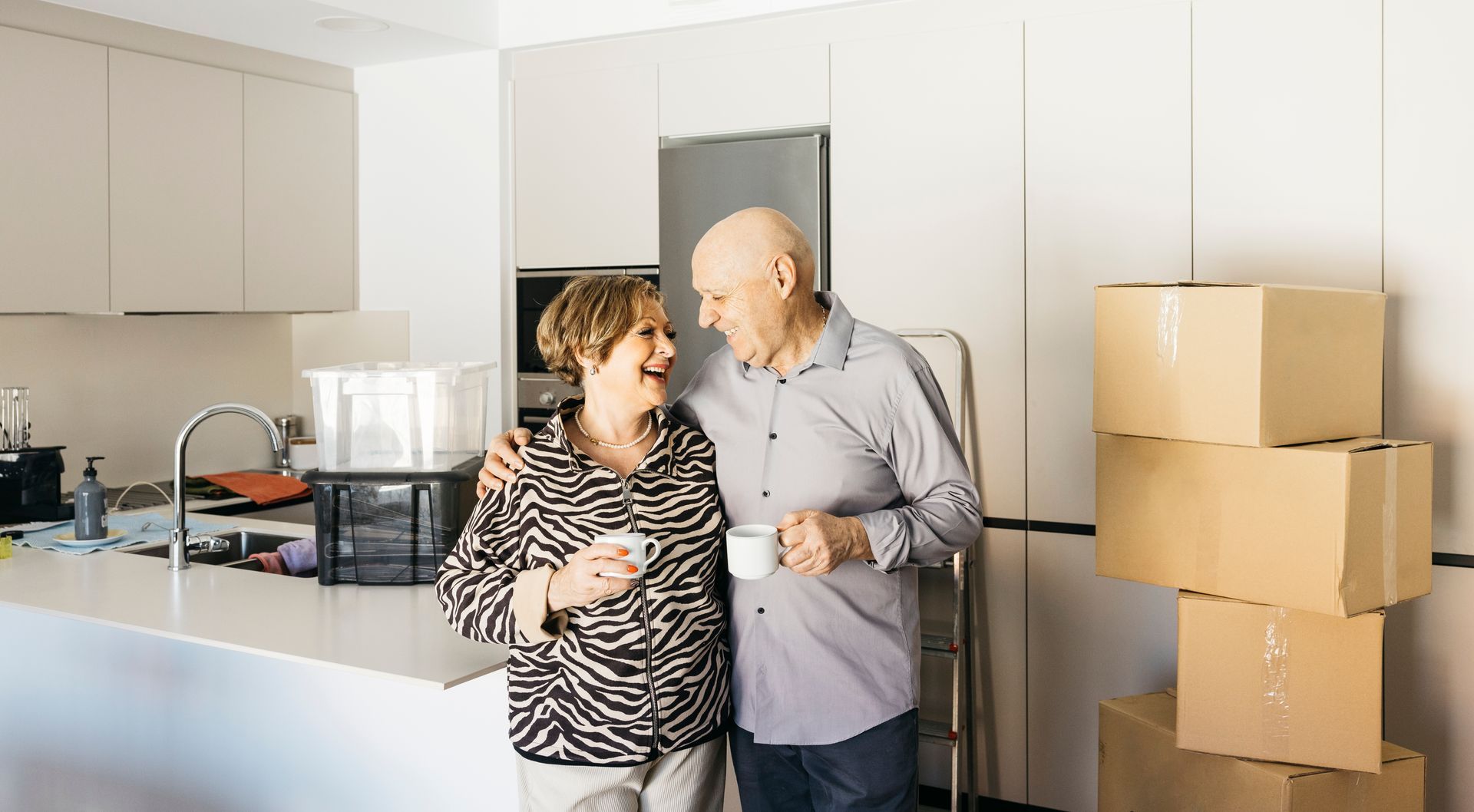Living With a Herniated Disk
Living with backpain

Living With a Herniated Disc
Between the 26 bones in your spine (the vertebrae) are cushions called discs that keep the bones in place. Over time, the discs can wear out, or they can rupture. If the disc presses against the spinal cord or a nerve, it can be very painful. Most people who have a herniated disc recover in about four weeks. Your doctor can assess the amount of damage and recommend treatment.
What Causes a Herniated Disc?
Discs become less pliable as you age, making them easier to tear. When a tear happens, the inside of the disc can press on the nerves and be painful. Movement puts more pressure on the area, leading to more pain. In addition to the risks from age, being overweight, smoking or an inactive lifestyle can also weaken the discs. Tears can happen when:
- Lifting a heavy object
- Bending and twisting with repetition
- Sitting in the same position consistently, such as at a desk
Herniated Disc Symptoms
Herniated discs are more common in the upper (cervical) area and lower back (lumbar). Watch for these signs of an upper back herniated disc:
- Neck pain when moving
- Shoulder blade area pain
- Pain that goes down the arm into the fingers
- Upper body numbness (shoulder, elbow, forearm, fingers)
For the lower back, symptoms may be referred to as sciatica and include:
- Leg, hip or buttocks pain or numbness
- Weakness in one leg
- Back of calf or sole of foot numbness or pain
Six Ways to Manage Pain
Depending on the treatment recommended by your doctor, you may have some pain while you heal. To minimize the pain and prevent further injury:
- Don’t sleep on your stomach.
- Wear only flat or very low-heeled shoes.
- Hold objects close to your body when carrying.
- To lift an object, keep your back straight and bend with your knees and hips. (Don’t bend over and lift.)
- Put your feet on a stool when sitting for a long time so that knees are higher than hips.
- Put one foot on a small stool or box if you’re standing for a long time.
Herniated Disc Treatment
Types of treatment your doctor may recommend include:
- Pain medication such as over the counter muscle relaxants
- Physical therapy to strengthen back muscles and reduce pressure on the disc
- Injections of steroids to reduce inflammation – one or more shots over time
- Surgery to repair or remove the disc
When to Seek Immediate Help
After 4 to 6 weeks, if you feel worse or still have pain or numbness, call your doctor. Also, call if you experience any of the following symptoms:
- Loss of feeling in the legs or feet
- Loss of bladder or bowel control
- Difficulty going to the bathroom
- Additional pain or weakness in your spine
- Extreme pain at night
- Weight loss
Like many conditions, living a healthy lifestyle can help keep your body in good working condition. Get regular exercise (especially to strengthen your abdomen and back), maintain a healthy weight, avoid prolonged sitting, use caution when lifting heavy objects and try to avoid repetitive movements.
Source:
Los Alamitos Medical Center
American Academy of Family Physicians







